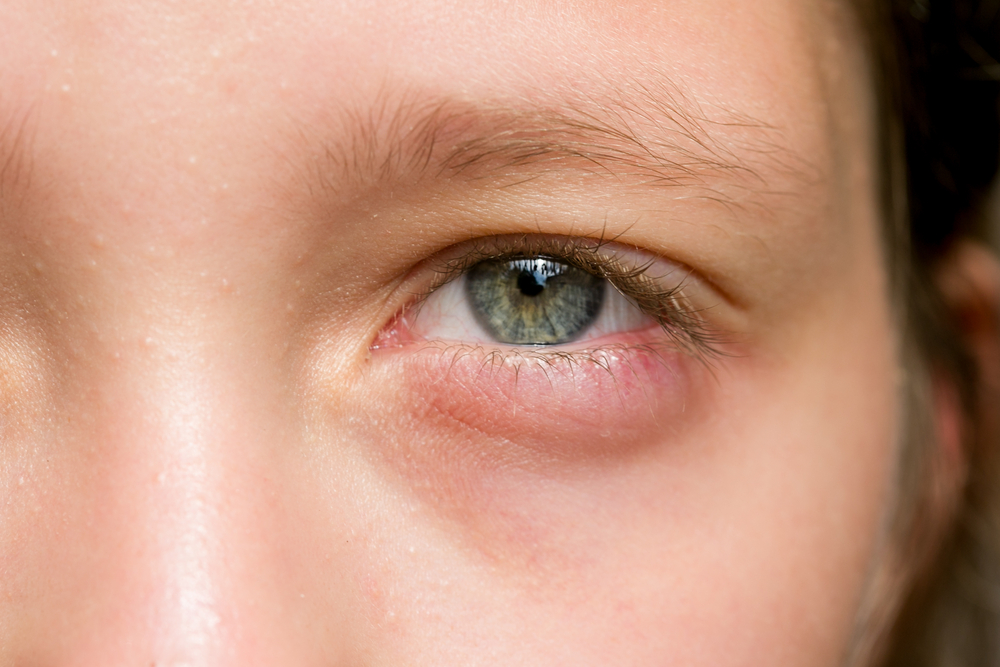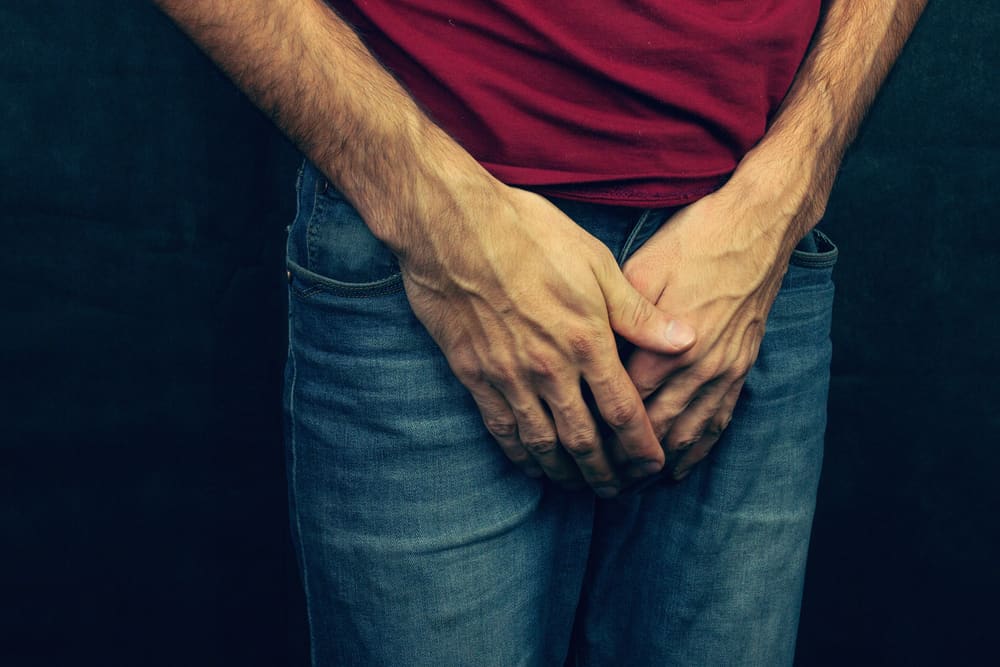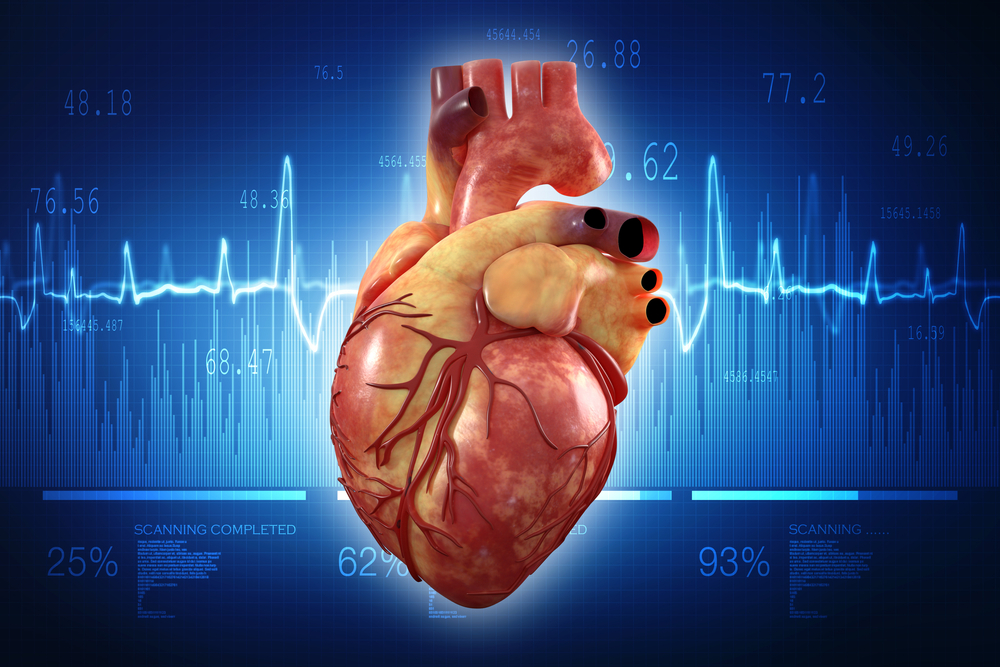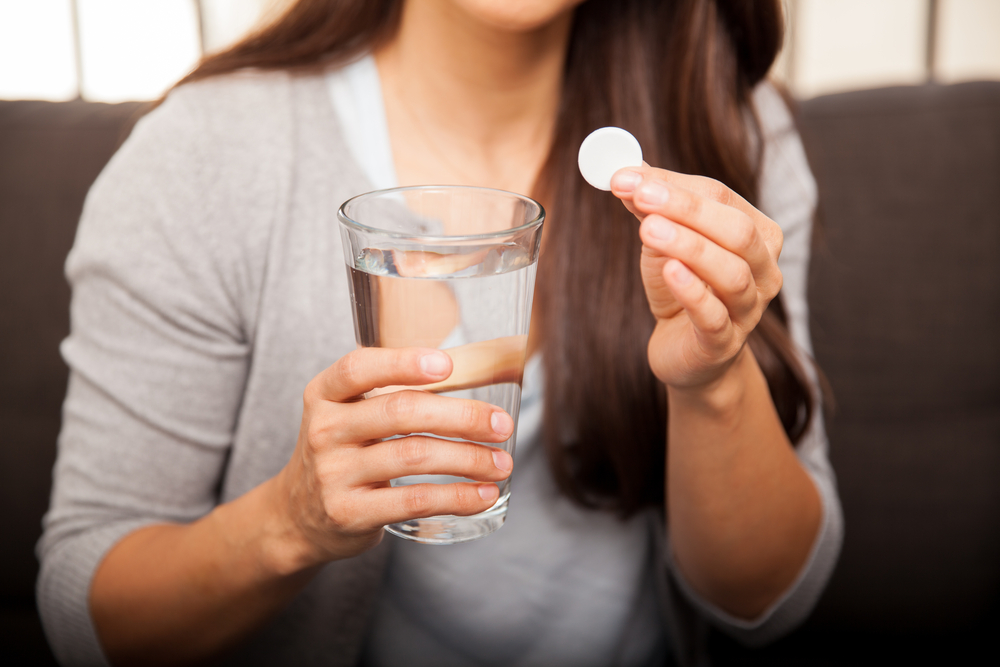Contents:
- Medical Video: 'Slow Carbs' and the Truth About Low-Carb Diets
- The group of people most vulnerable to lack of protein is ...
- As a result of the body if it lacks protein from protein deficiency
- 1. Cognitive disorders
- 2. Swelling in certain parts of the body
- 3. fatty liver
- 4. Hair, skin, and nails are easily brittle
- 5. Easy to get sick
- 6. Other nutritional intake becomes unbalanced
- 7. Loss of muscle mass
- How much protein does the body need in one day?
- People with this condition actually have to limit protein intake
Medical Video: 'Slow Carbs' and the Truth About Low-Carb Diets
Protein is one of the important nutrients for the body to help build muscle and body tissues. Unfortunately, the body cannot store protein for a long time. Therefore you will need to fulfill your protein needs every day. So, what happens if the body lacks protein?
The group of people most vulnerable to lack of protein is ...
Protein deficiency is a condition that commonly occurs when a person cannot meet the daily protein requirements of a protein-based food source.
Protein deficiency can also occur when someone gets his protein intake from a type of low-quality protein. Animal meat and some vegetables are known to contain protein, but the number of amino acid sequences as the basic form of the protein can vary. This also affects a person's protein intake.
In healthy individuals, protein deficiency is closely related to diet. An estimated 10 million people in the world experience protein deficiency due to the choice of daily food types, with the highest proportion in developing countries. The highest risk of protein deficiency is in the vegetarian and vegan groups.
As a result of the body if it lacks protein from protein deficiency
Because protein is needed and used in carrying out various bodily functions, protein deficiency is related to various kinds of disorders such as:
1. Cognitive disorders
Brain cognitive function can be disrupted when you are not sufficient for daily protein needs. Because the brain is one of the organs of the body that uses a lot of protein to function. Lack of protein can inhibit hormone production regulating mood and sharpness of thinking.
2. Swelling in certain parts of the body
Protein deficiency causes you to be susceptible to serum albumin deficiency. Serum albumin is one type of protein that is stored and circulated in the blood. Lack of albumin can cause the appearance of swelling in affected parts of the body.
Swelling or edema can also occur around the abdominal cavity which is a sign of kwashiorkor disease.
3. fatty liver
Fatty liver is usually caused by the habit of drinking large amounts of alcohol. But this can also be caused by protein deficiency.
A body lacking protein is not capable of producing enough lipoprotein, a protein that is responsible for transporting fat. As a result, accumulation of fat in the liver can cause liver function failure.
4. Hair, skin, and nails are easily brittle
Protein is a nutrient needed to maintain healthy hair, skin and nails. That is why, protein deficiency can cause dry skin problems, dull and easily broken nails, changes in hair texture, and easier hair to fall out.
5. Easy to get sick
White blood cells are responsible for protecting the body's immune system. When the body lacks protein, white blood cell production will also decrease. As a result the body will be more susceptible to illness due to infection with germs and viruses carrying disease.
6. Other nutritional intake becomes unbalanced
Protein deficiency can inhibit the function of circulating other nutrients to every part of the body. If it occurs for a long time, the body's nutritional balance can be disrupted.
Malnutrition in general can cause decreased appetite for emotions to become unstable, difficulty sleeping (insomnia), and easy to feel weak can feel a decrease in appetite, emotional disturbances, insomnia and feeling weak.
In children, lack of protein can interfere with the growth process so that it increases the risk of children experiencing stunting and other developmental disorders.
7. Loss of muscle mass
Body muscle tissue is the part that stores and uses the most protein. When the body lacks protein, the protein in the skeletal muscle will be taken slowly to meet the protein requirements. In a long time protein deficiency can cause a decrease in serious muscle mass.
8. It's easier to get hungry
When protein intake is insufficient, you are more likely to feel hungry. Hungry is the body's natural instinct to remind you to provide adequate nutrition. Easily hungry, in the end, often not realized can trigger obesity.
How much protein does the body need in one day?
Basically, each person's protein needs can vary depending on the pattern of activities and characteristics of the body. To prevent protein deficiency, a person needs a high protein intake of about 0.8 grams of protein for every kilogram of body weight.
Prioritize animal protein sources such as meat, fish and milk and other additions from vegetable protein foods such as wheat and beans.
People with this condition actually have to limit protein intake
Protein deficiency is a thing that should be avoided if you want to maintain optimal body health. But this does not mean you have to overeat protein, especially if you have kidney disease.
Kidney disease makes it difficult for your kidneys to break down proteins. Excessive protein intake can be more burdensome to the kidneys, which can end in failure of kidney function.
The same thing happens to people who have liver disease, because these organs also play a role in digesting protein. By reducing protein intake, you will ease the workload of the heart.












